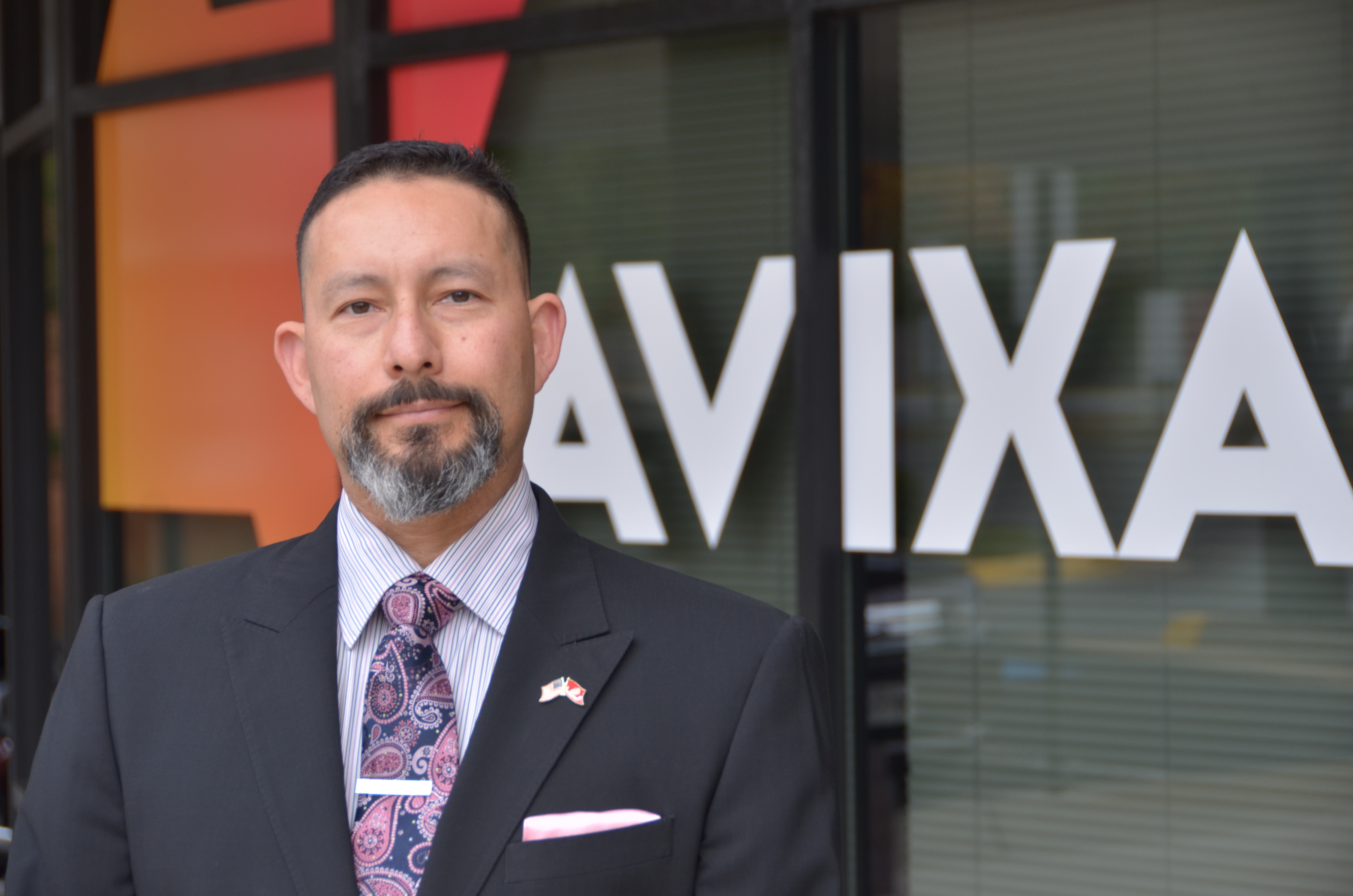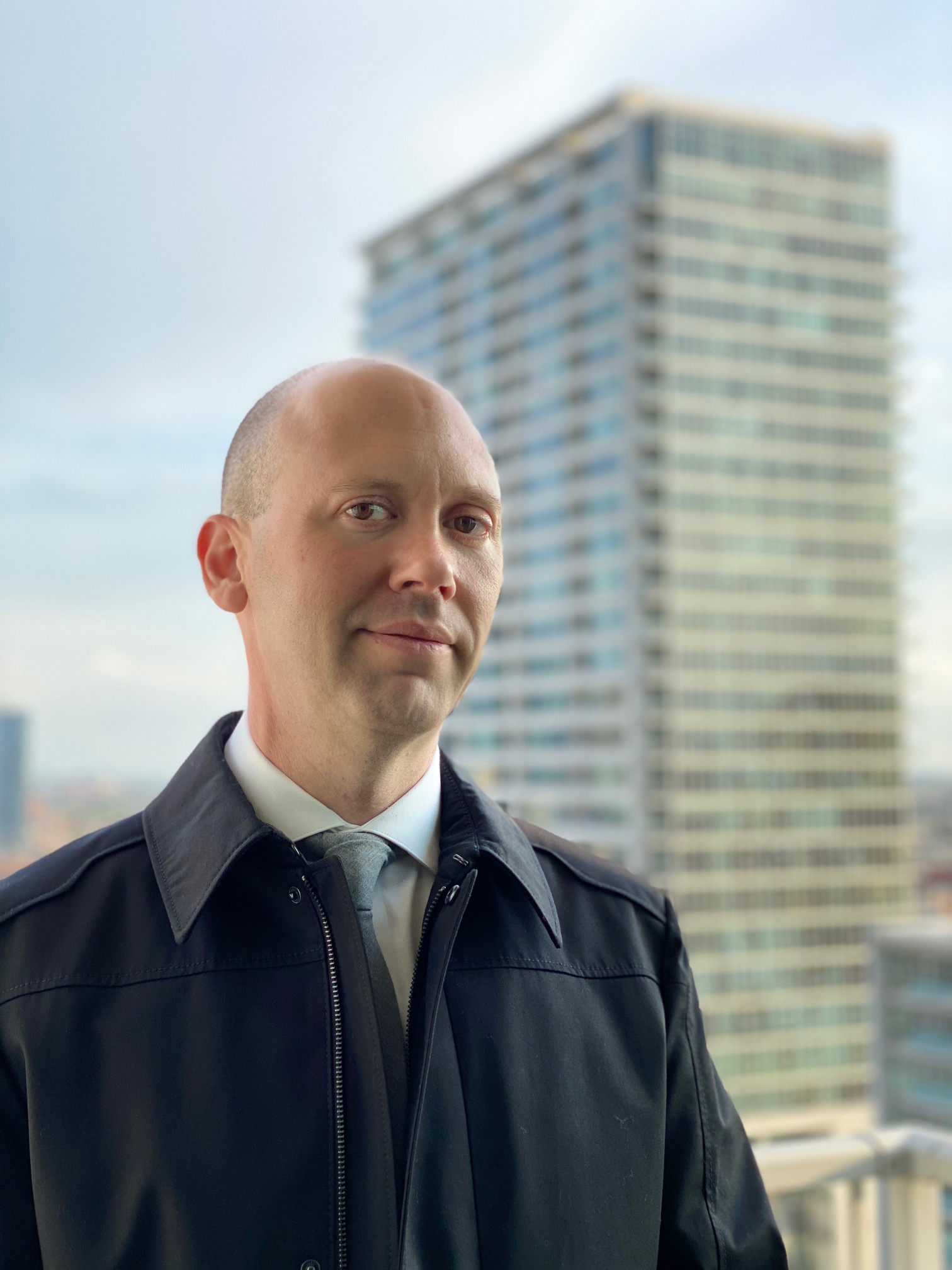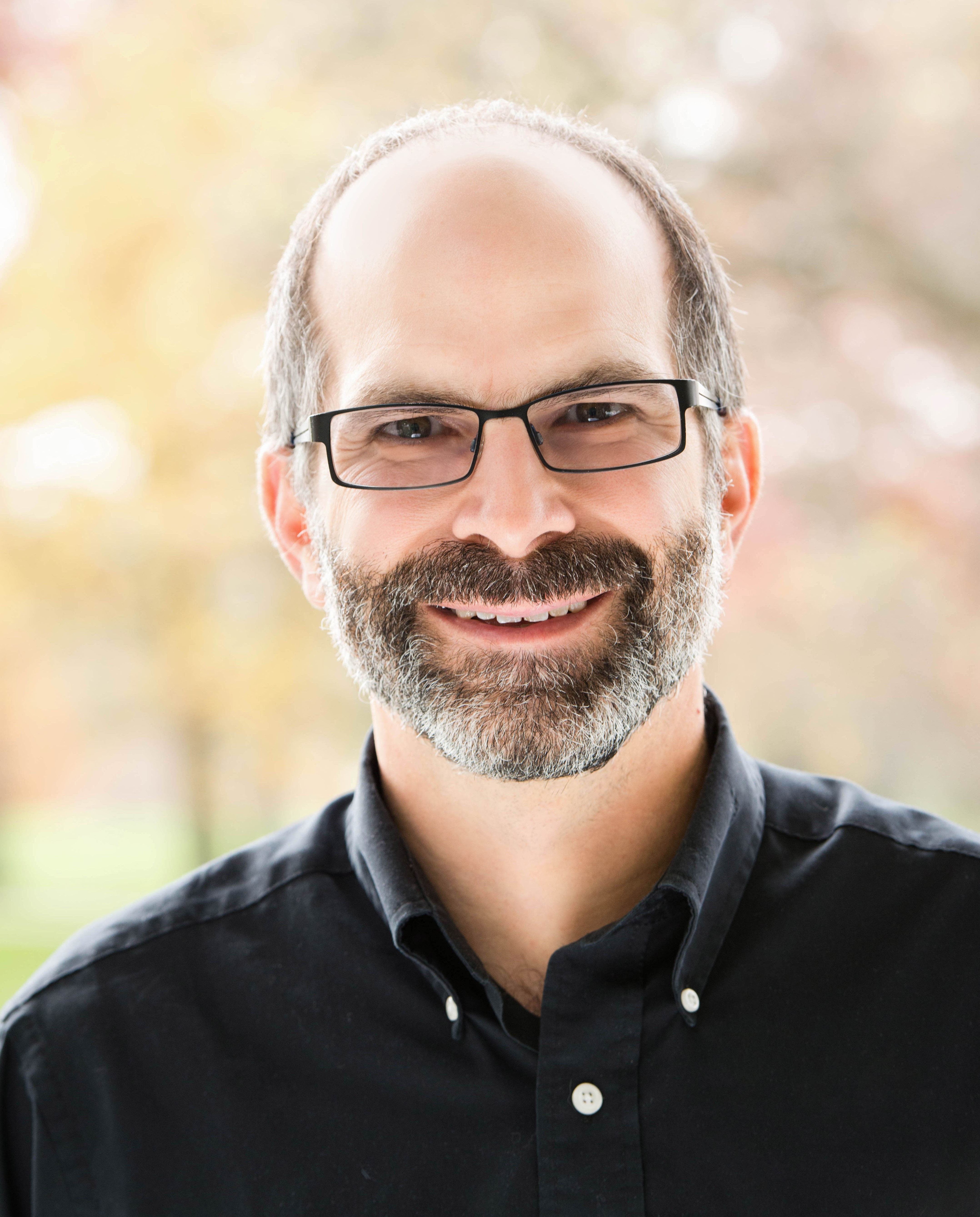Why Technology Managers Should Get Their CTS
AV Technology examined what’s involved in acing AVIXA’s Certified Technology Specialist (CTS) exam.

Depending on the individual, the reasons behind pursuing AVIXA’s Certified Technology Specialist (CTS) certification program may differ. For some, it offers a pathway to promotion (and a higher income); for others, it promises a more elevated status among one’s peers, as well as project stakeholders. Others still may do it out of sheer thirst for education and development, and then there are those who wish to achieve all of the above. Regardless, many argue the case for getting certified, if only because it stands to make one a better AV/IT professional overall.
“If you’re in the AV industry, I think you should seriously be considering your pathway toward one or more of the CTS certifications, depending on your role,” said Mike Pedersen, CTS-D, CTS-I, audiovisual experience manager at Iowa State University at Ames, Iowa. (Pedersen is also council chair for AVIXA’s Technology Managers Council, and is on the organization’s Certifications Steering Committee. In 2018, he was named AVIXA CTS Holder of the Year.) “It’s going to give you more credibility, and it’s going to allow you to speak in the language of of your designers, engineers, and installers.”
Recently, AV Technology examined what’s involved in acing the exam.
Program Breakdown

Chuck Espinoza, senior staff instructor at AVIXA said that many experienced AV professionals rely too much on their experience when taking their CTS. While one may be a seasoned top performer in one’s specific role, that doesn’t mean that one has amassed all of the knowledge necessary to pass the exam. “There’s more to the industry than just that job.”
The CTS program comprises three certifications: the CTS, which focuses on the general processes and concepts involved in AV projects; the CTS-I, which covers the nitty-gritty aspects of AV installation; and the CTS-D, which goes in-depth on all things related to AV design. Before earning the latter two specialized designations, once must have earned their CTS. The CTS program is ANSI-accredited, and certifications must be renewed every three years (meaning that holders must demonstrate that they have completed a certain level of continuing education).
The “Certifications” section of AVIXA’s website provides a number of materials for certification candidates, including applicant guides, resources to help would-be test takers determine if they’re ready to go down this road, exam guides, sample questions, and other educational materials.
Preparing for the Exam (Read: You Have to Study!)

Mark Higgason, CTS-D, CTS-I, executive vice president and partner at Encompass AV, an AV systems design and integration firm based in Elk Grove Village, said that company leadership attempts to give those employees pursuing their CTS certifications some office time for studying, “but we also make it very clear that this is going to have to be a personal commitment, and you’re going to have to invest in your own career.”
It may be tempting to rely on one’s daily experience in professional AV in lieu of studying, but Mark Higgason, CTS-D, CTS-I, executive vice president and partner at Encompass AV, an AV systems design and integration firm based in Elk Grove Village, Illinois, advised against this approach. (Higgason is also AVIXA’s 2020 CTS Holder of the Year.) “The test is set up to trip you up,” he said. It’s also worth noting that those providing CTS prep education are not the same people who put together the testing curriculum; practice tests will not be the same as the actual exam. “You are going to be tested on your knowledge of the concepts, so you really need to understand them.”
Pedersen confesses that his CTS-D exam—even after a considerable time investment in preparation—was one of the most difficult education-related things he’s done since his college days. “I put a ton of hours of prep into the CTS-D, and it is probably still one of the hardest things I’ve attempted to do post-university,” he said. “I would not go in cold. I can’t encourage people enough to take classes, get the exam guide, and study it front to back. You really need to go into those exams well-prepared.”
A daily selection of features, industry news, and analysis for tech managers. Sign up below.
Higgason said that Encompass AV’s leadership attempts to give those employees pursuing their CTS certifications some office time for studying, “but we also make it very clear that this is going to have to be a personal commitment, and you’re going to have to invest in your own career.” He also pointed out that many employers seek these certifications in job candidates. “If you have a CTS certification, you go to the top of the pile. I can tell you that because I do the hiring at our company, and it is absolutely something that I look for,” he said.

Mike Pedersen, CTS-D, CTS-I, audiovisual experience manager at Iowa State University at Ames, Iowa said, “If you’re in the AV industry, I think you should seriously be considering your pathway toward one or more of the CTS certifications, depending on your role.”
Chuck Espinoza, senior staff instructor at AVIXA, echoed the sentiment that many experienced AV professionals rely too much on their experience when taking their CTS. While one may be a seasoned top performer in one’s specific role, that doesn’t mean that one has amassed all of the knowledge necessary to pass the exam. “There’s more to the industry than just that job,” he said. In other words, if you’re an outstanding sound engineer––and this is all you have been doing during your time in this industry––you’d be wise to study the ins and outs of, say, video networking.
There is also the push-pull relationship between AV and IT to consider, Espinoza pointed out: “Someone coming into AV from IT has to learn about experience and the ‘emotional’ side of technology, and professionals from the AV industry who are used to dealing with [experience] now have to learn how to transport it securely,” he said. He suggested that test-takers “study with a buddy” for a different perspective on what their weak spots actually are. “A lot of people—when they study things, they miss their knowledge gaps. They might look at something and say, ‘Yeah, I have a good understanding of that,’ when they really don’t.” Gaining insight on one’s grasp of certain concepts, as well as how other experienced professionals approach them, will help to fill in these gaps.
RELATED
>> SCN's 2018 Hall of Fame: Chuck Espinoza
>> AVIXA Releases CTS Certified Technology Specialist Exam Guide, Third Edition
>> AVIXA's 2020 CTS Holder of the Year: Mark Higgason, CTS-D, CTS-I
Determining Your Time Investment
While preparing for a certification exam requires a time investment, the question is: how much?
Higgason counsels CTS candidates to dedicate one hour per day to studying, up until the point they’re confident that they have a solid grasp of the material. “A lot of it is based on your experience,” he said. “A 20-year vet may be able to move through a lot of these concepts far quicker and then get stumped on networking, where someone younger may already be very familiar with it and they’ll get stumped on analog connections, or some of the math behind amplification.” At a rate of one hour of study per day, he said that within three to six months most people should be ready.
Espinoza noted that sometimes more experienced AV professionals struggle more with some content because they’ve had the opportunity to develop bad habits throughout their career. “If they don’t have the correct experience, it’s more difficult [for them] because it’s like unlearning a habit,” he said. “You can be smart, you can be well-practiced, but it’s going to take longer to destroy that habit.”
That said, Espinoza estimated that candidates who have received good instruction (and who have identified and unlearned those bad habits) should be ready to take the test in 60 to 90 days. “But again, it depends on how fast the individual learns, what kind of training they get [and] how much time they get to train and study, and how much that’s enforced on a daily basis.” If, for example, one learns a concept and then moves on, never to apply it again, that knowledge is unlikely to remain top-of-mind. Espinoza continued, “If you get a concept and you reinforce it every day, then it becomes habit, and then it becomes behavior.”
While pursuing a CTS demands time and dedication, Pedersen believes it’s well worth the effort. “It gives you a level of credibility when you’re talking with others in the industry,” he said. “One of the best things about certifications is that those who have them have a minimum common baseline understanding of terminologies and concepts. And so you know that, ‘Hey, I don’t have to start from scratch when talking to this person––they have this baseline understanding of the terms that we’re going to be using and we don’t have to start there.’ That’s one of the great parts about them.”
Carolyn Heinze is a freelance writer/editor.
Carolyn Heinze has covered everything from AV/IT and business to cowboys and cowgirls ... and the horses they love. She was the Paris contributing editor for the pan-European site Running in Heels, providing news and views on fashion, culture, and the arts for her column, “France in Your Pants.” She has also contributed critiques of foreign cinema and French politics for the politico-literary site, The New Vulgate.
